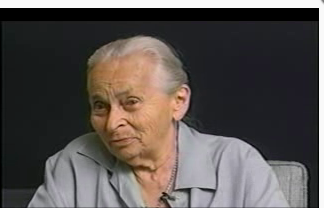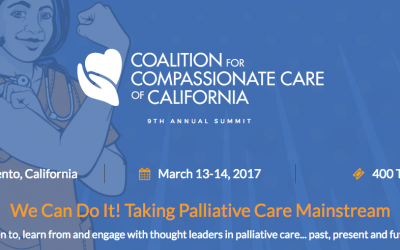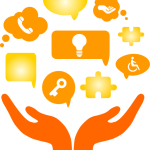 Modern Medicine can keep you alive
Modern Medicine can keep you alive
Machines, medications and man-made parts: modern medicine continues to find and develop life-saving and life-prolonging interventions.
Advancements in heart research include:
- Bypass surgery
- Man-made implantable cardiac devices like pacemakers
When organs fail, there’s dialysis for kidney failure, and transplants for kidney, lung, liver and heart. Cancer continues to be researched, and survival rates and life expectancy has greatly increased. For neurological (brain) illness and injury, medications and interventions are emerging, and rehab helps with increased function. Even infections – which were regularly the cause of death in past generations – are now treated with antibiotics.
However, as the body winds down, so-called ‘Heroic Measures’ may do more harm than intended. CPR (Cardio-Pulmonary Resuscitation) Breathing Machines (ventilators), Feeding tubes and specific medications can be considered Heroic Measures or seem more like Futile Treatment. When making decisions about any of these, it can help to understand the longer-term results and possible complications.
Elderly and Sleep
We need less sleep as we get older. Everyone knows that right? Wrong! Completely and utterly wrong.
The myth that the need to sleep drops as we advance in years is one of those random misconceptions that somehow takes hold and persists – kind of like how if you eat something within five seconds of it falling on the floor it will be fine. No, it won’t.
Ricky’s mother had a ‘good death’
Of the three siblings, Ricky – the sole daughter – was closest to her mother, Anna. “When my marriage ended, my kids and I lived with my mother. We all adored her.” In the last three years of her life Anna- who died at age 91 – was beset by Dementia. “It was more than memory loss – it was her wonderful personality that vanished.” In spite of the pain of her beloved mother disappearing, Ricky took care of her until the end.
A beautiful death
“My mother was ‘dying’ for about 10 years – with her sickness, she seemed often on the brink of death, and then she’d rally. We’d all said our goodbyes a number of times. But on the day she actually died, my father was in her bed, his arm around her, holding on to...
Taking Palliative Care Mainstream with the help of ePatients
Charlie Blotner, 21-year old ePatient and co-founder of the tweetchat for those with brain tumours #btsm. In learning more about Palliative Care, it just made sense that it should be part of standard services. Alas, not: If you’ve seen one #palliative care program, you’ve seen . . . one palliative care program – Jill Mendlen





